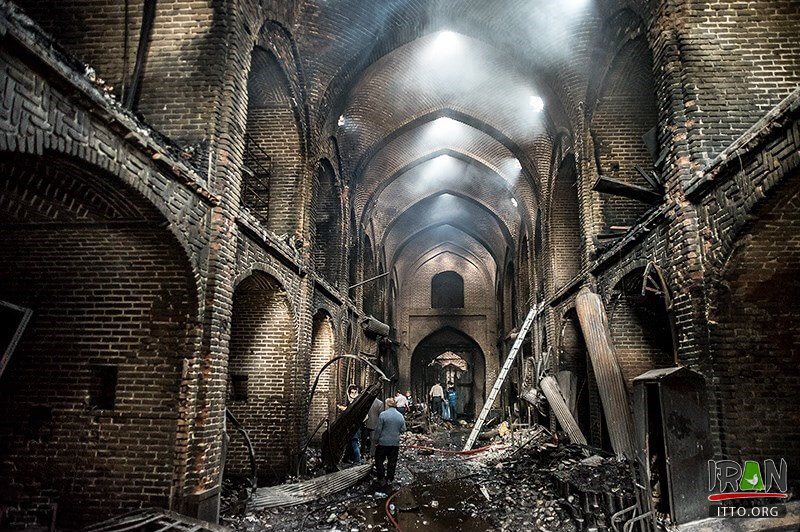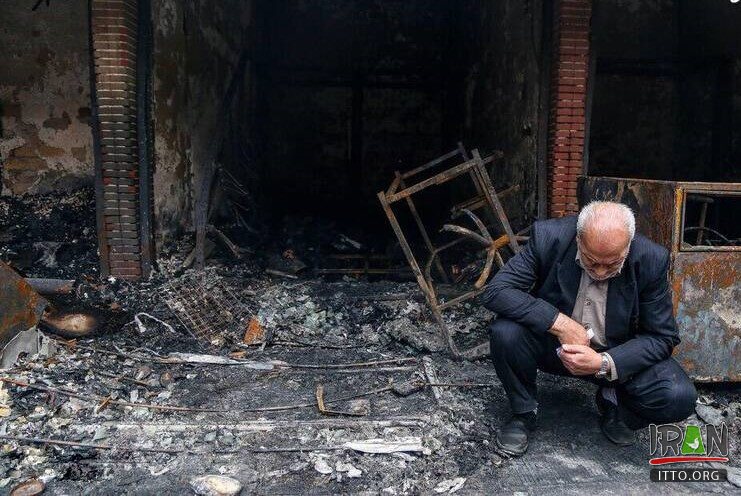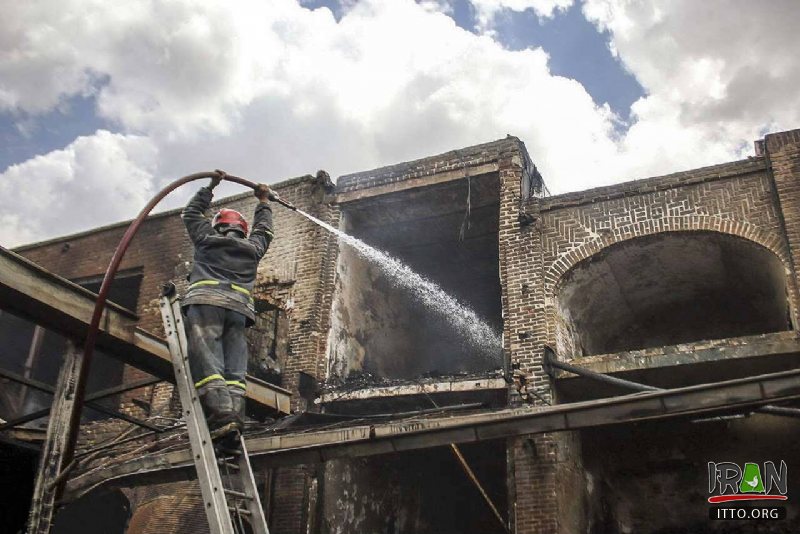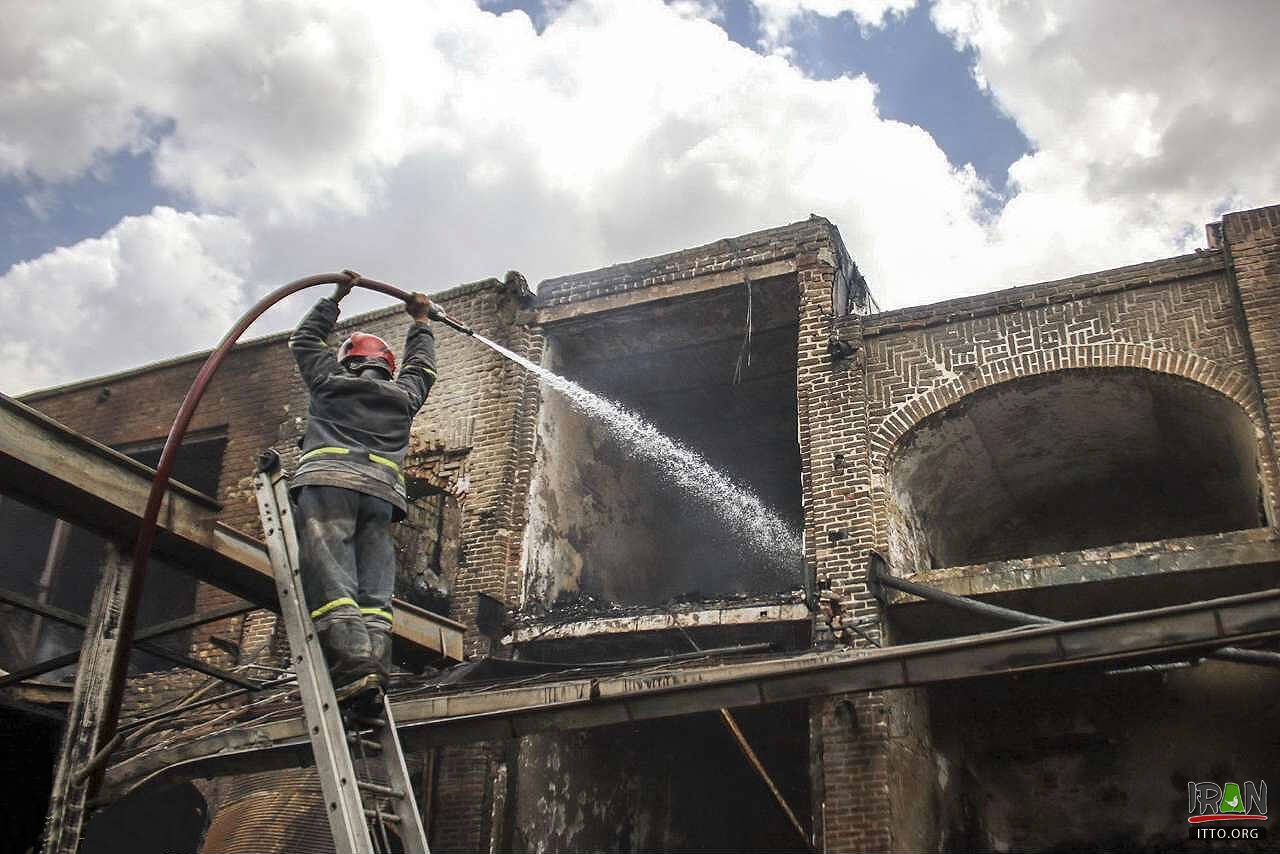Historic bazaar of Tabriz in Iran’s East Azarbaijan province could sustain a blaze, which erupted around 10 p.m. on Wednesday, a fortune that provincial tourism chief attributes to rounds of previous restoration work on the UNESCO-tagged marketplace.
“Fire inflicted the least damage to the historical bazaar of Tabriz thanks to regular restoration work on the marketplace over the past few years,” CHTN quoted Morteza Abdar as saying on Thursday.
“It had no fatality but 29 people were slightly injured in the fire. Around 100 shops were seriously damaged and 50 ones suffered slight damage,” the official said.

Fire Breaks Out At Iran's Historic Bazaar of Tabriz in Iran
Iranian media say that firefighters managed to put out the blaze which took six hours to extinguish.
The bazaar has been a UNESCO World Heritage Site since 2010 and was mentioned by Marco Polo when he travelled the Silk Road in the Middle Ages.
A labyrinth of interconnected covered passages that stretches for about 5 km, the bazaar has been a melting pot of cultural exchange since antiquity. It embraces countless shops, over 20 caravanserais and inns, some 20 vast domed halls, bathhouses, and mosques, as well as other brick structures and enclosed spaces for different functions. Its history dates back to over a millennium, however, majority of fine brick vaults that capture most visitor’s eyes date from the 15th century.

Fire Damages Historic Bazaar In Tabriz
Tabriz became the capital of the Mongol Il-Khan Mahmud Gazan (1295–1304) and his successor. Timur (Tamerlane), a Turkic conqueror, took it in 1392. Some decades later the Kara Koyunlu Turkmen made it their capital, it was when the famous Blue Mosque was built in Tabriz.
The ancient city retained its administrative status under the Safavid dynasty until 1548, when Shah Tahmasp I relocated his capital westward to Qazvin.
During the next two centuries, Tabriz changed hands several times between Persia and Ottoman Empire. During the World War I, the city was temporarily occupied by Turkish and then Soviet troops.



